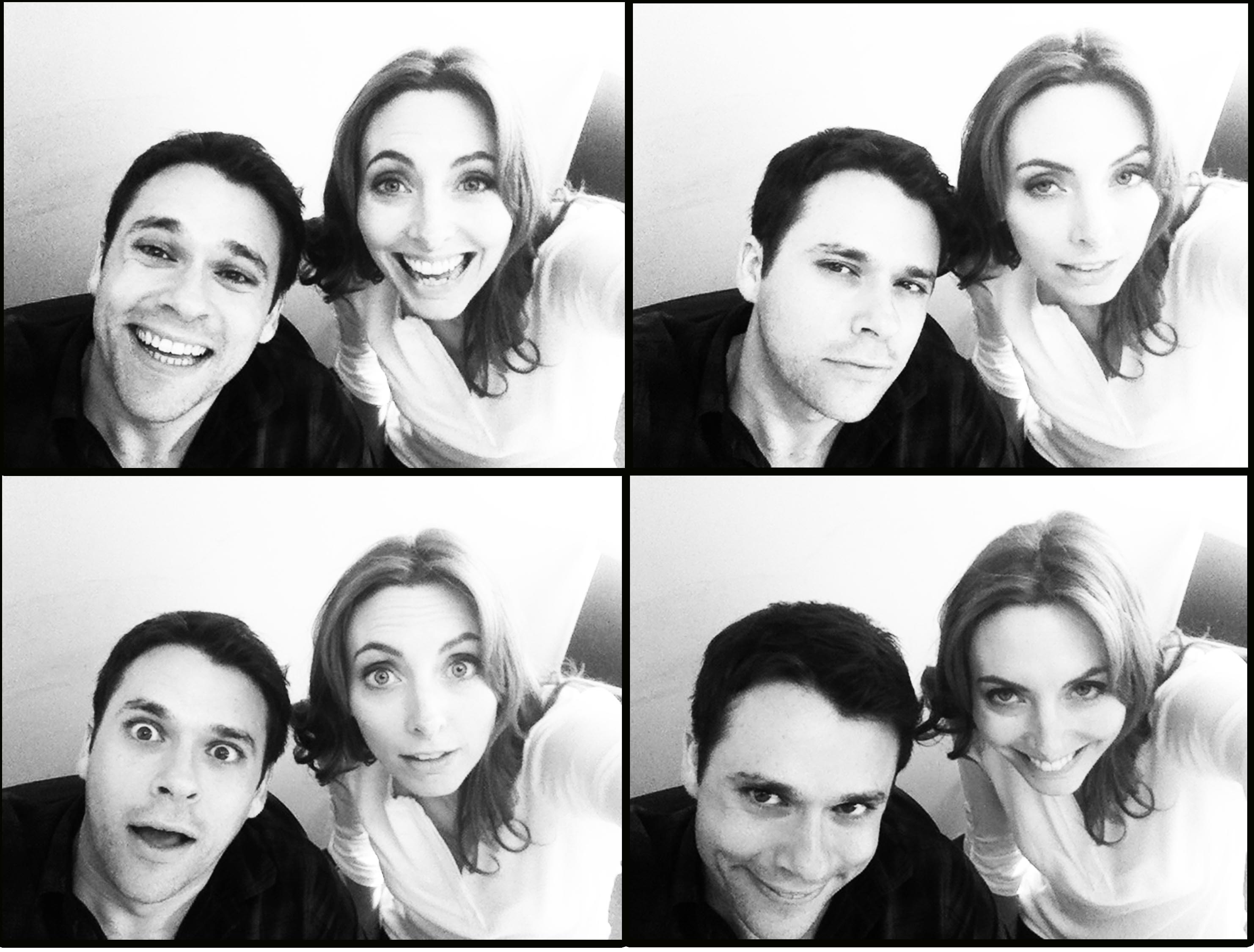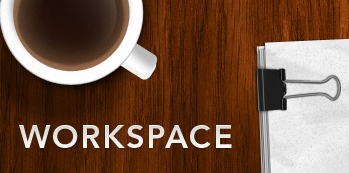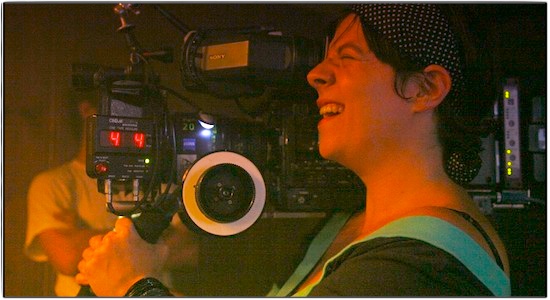
Who are you and what do you write?
—–
 We’re Erin Gibson and Bryan Safi, writing duo, Mariachi mini-band, and born-again virgins. We met two ways. First, doing comedy at [UCB Theater](http://losangeles.ucbtheatre.com/), then later we found ourselves working for the same show, Current TV’s [Infomania](http://current.com/shows/infomania/), where we wrote and hosted our own comedy segments. Bryan hosted “That’s Gay,” a weekly look at how the media treats gay people and issues, and Erin’s “Modern Lady” tackled the media’s portrays of women and their issues.
We’re Erin Gibson and Bryan Safi, writing duo, Mariachi mini-band, and born-again virgins. We met two ways. First, doing comedy at [UCB Theater](http://losangeles.ucbtheatre.com/), then later we found ourselves working for the same show, Current TV’s [Infomania](http://current.com/shows/infomania/), where we wrote and hosted our own comedy segments. Bryan hosted “That’s Gay,” a weekly look at how the media treats gay people and issues, and Erin’s “Modern Lady” tackled the media’s portrays of women and their issues.
We used humor to talk about heated issues like Don’t Ask Don’t Tell, the de-funding of Planned Parenthood, and all the other awful things that women and gays have to deal with. The segments got us a lot of attention, but not a lot of action. So, we worked hard to get the show cancelled so we could start pulling in bucket loads of pussy.
When Infomania ended, we tried to figure out a way to have an outlet for our political comedy. We know people at Funny or Die and called them and pitched them Marcus and Michele Bachmann as recurring characters on the site. We’ve done [fives videos](http://www.funnyordie.com/search/a?q=bachmann+gibson&x=0&y=0) so far. We’ll write a draft, do two or three re-writes, then we punch up on set. They’re written, shot and edited sometimes in as little as two days, so there’s not a lot of time to mull them over.
We’ve found time in our schedules to do the following in the last four months: write two TV pilots, outline a feature, live tweet every GOP debate ([@gibblertron](http://twitter.com/#!/gibblertron) and [@bryansafi](http://twitter.com/#!/bryansafi)) and put on a monthly show at UCB called “[Entertainment Hollywood](http://losangeles.ucbtheatre.com/shows/view/2782),” a satire of those awful gossip shows, wherein we play two tan idiots with an irrational amount of confidence who cover important news like, what George Clooney’s favorite gelato bar is.
We don’t like to work separately, but we do because you have to have four million jobs in LA to pay the rent. Bryan writes for Joan Rivers on “Fashion Police,” and hopefully you can see Erin in a couple of commercials in the coming months.
We do it all. Well, we never hug. So, we do everything but hug.
Where and when do you write?
—-
We were taking turns at each other’s apartments, but the problem with that is, in the evening, when we’re all done, there’s no escape from the feeling of work. So, our new plan is to hit up fun places around town. West Hollywood just opened an amazing library with meeting rooms, and have you ever written at [Barnsdall Art Park](http://www.barnsdallartpark.com/)? What a treat!
All of our ideas seem to be generated on walks around LA. Erin lives in West Hollywood, and Bryan lives in Los Feliz, two heavily populated, walkable areas, full of the most ridiculous people on the planet. We’re fascinated by people. How they talk, how they cross the street, how they gesture. And we’re not afraid to stare.
For instance, we recently heard a woman in line for coffee in Los Feliz say, “I want a latte, but I’d like to eat it here.” Gold. When we hear stuff like that, we either email to it ourselves or write it down immediately.
Basically, all of our ideas seem to come from the fact that we love to walk around town, pointing and laughing. And don’t misunderstand us, we don’t just do it because we’re awful people. We do it because we’re awful people who hate ourselves.
As far as schedule, we treat it like a workday — a workday that starts after we’ve both gone to the gym at 10AM. But we work five days a week and put in around 40 hours. We take it very seriously. Also, we would like to not go crazy, and having a steady schedule sure does help!
What hardware do you use?
—
We both use MacBooks and sometimes Erin uses an iPad with a bluetooth keyboard. We also use our phones for notes, a lot. Bryan has an iPhone 4 and Erin has a GalaxyS. We use the native notes programs on those phones.
Both phones have been dropped several times. Sometimes in toilets.
What software do you use?
—
Up until we send our scripts out to prospective money-havers, we use [Google Docs](http://docs.google.com) all the way. It’s great. We can keep a notes doc and several versions and both be in the document at the same time.
Hey [Final Draft](http://finaldraft.com), how come we gotta be network admins to figure out Collabowriter?
But, I will say this about Final Draft — they might not be operating in the same technological age as the rest of the world, but it’s the best program for easy, precise formatting.
What would you change about how you write?
—-
We really wish we had an office so that we’re not distracted by phone calls or doing dishes or keeping the person we’ve abducted quiet. And again, if we could find the perfect software to use for collaboration, that would be brilliant. But, those seem to be the only things that we find ourselves longing for.
Fine, and an endless supply of boxed wine. The kind in the cube, not the rectangle. We have some class.
